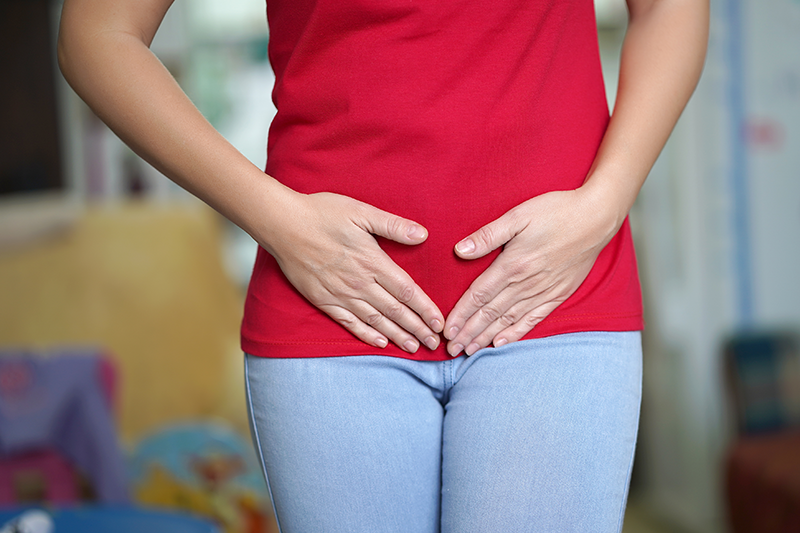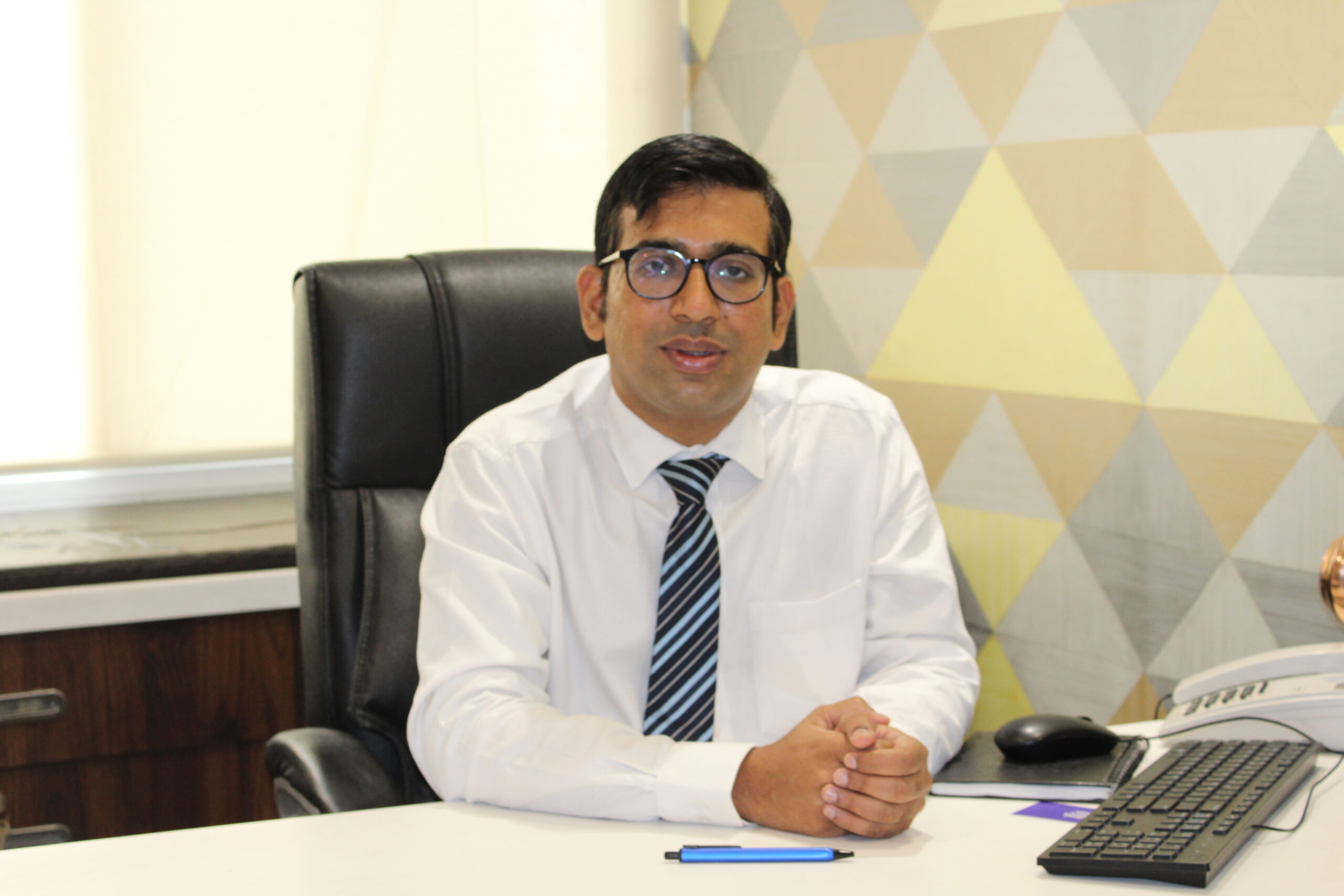Urinary Incontinence Treatment in Pune
Urinary incontinence is the compulsory and accidental loss of urine, ordinarily happening in pregnancy, childbirth, and menopause. Feeble bladder muscles, overactive bladder muscles, and nerve harm may likewise cause urinary incontinence. It’s anything but an illness however a manifestation. A few ladies pass a couple of drops of pee while coughing or running. Others may feel an unexpected, compelling impulse to pee. Incontinence can happen following neurologic injury, birth deserts, stroke, numerous sclerosis, and maturing.
Incontinence happens because of issues of nerves and muscles that help hold or deliver pee. The kidneys eliminate squanders from the blood and send it to the bladder for capacity till it very well may be intermittently ousted from the body through the urethra. The bladder muscles contract and the pee enters the urethra, where the sphincter muscles around the urethral opening unwind and pee is delivered.

Types of Urinary Incontinence
Stress Incontinence:
coughing, chuckling or wheezing makes pee spill. Actual changes coming about because of pregnancy, labor, menopause or birth imperfections can likewise cause incontinence. Labor, particularly can harm the pelvic muscles, tendons and the vaginal divider, supporting the bladder and cause the bladder to move downwards, which can extricate the urethral sphincter.
Urge incontinence is when there is an abrupt need or inclination to pee for no clear explanation. It happens because of unseemly bladder withdrawals brought about by strange nerve signals. It makes the bladder void during rest or subsequent to drinking modest quantities of water, or when one contacts water or hears it running. Prescription like diuretics, nervousness, uncontrolled diabetes or hyperthyroidism can deteriorate this condition. Compulsory withdrawals of the bladder muscles can happen because of harm to the nerves providing the bladder, harm to the cerebrum or spinal line, harm to bladder muscles, parkinsonism, Alzheimer’s illness, strokes and so on
Overactive Bladder:
al nerve signals are shipped off the bladder at some unacceptable time, prompting constriction of the bladder muscles. A few manifestations include: Increased frequency of urination
- Urgency to urinate
- Incontinence
- Nocturia
Utilitarian Incontinence:
happens in those with clinical issues that meddle with deduction, imparting and moving. These individuals experience issues in arriving at a latrine on schedule.
Flood Incontinence:
- It happens when the bladder doesn’t empty totally. This may occur because of frail bladder muscles as in diabetes or an impeded urethra because of tumors or stones
- Shifting blends of the above kinds of incontinence can happen
- Transient incontinence may occur for a brief span because of diseases or limited portability..
Diagnosis for Urinary Incontinence in Pune
- History is taken to assess the type of incontinence
- Physical examination to assess pelvic floor muscle strength, anatomical defects etc
- Ultrasound
- Urodynamic testing
- Cystoscopy
- Urinalysis and culture
- Bladder stress test
Treatment for Urinary Incontinence in Pune
- Weight loss and quit smoking
- Behavioral treatment like bladder re-training, Kegel exercises
- Medication
- Surgery
- Combination of the above
Dr. Irfan Shaikh – Urinary Incontinence Specialist in Pune

Dr. Irfan Shaikh
Consultant Urologist & Uro Surgeon (MBBS, MS (Gen. Surgery), M.Ch. Urology), is one of the Top Urologists In Pune
Dr. Irfan Shaikh – Consultant Urologist & Uro Surgeon (MBBS, MS (Gen. Surgery), M.Ch. Urology), is one of the Top Urologists In Pune. A gold medalist in the department of Urology, Dr. Irfan Shaikh specializes in Female Urology in India. He has finished his education at one of the top colleges with an MBBS from Byramjee Jeejeebhoy Government Medical College & Sasson General Hospital in Pune and MS in general surgery from PGI, Chandigarh. Moreover, he has also done M.Ch in Urology from Topiwala National Medical College & BYL Nair Charitable Hospital. Having so many degrees from prestigious institutes, Dr. Irfan Shaikh ensures to treat his patients with all the knowledge that he has accumulated over the years.
Urolife provides you all kinds of Urological Treatment Services such as Kidney Stones Treatment, Bladder Stones Treatment, Prostate Cancer Treatment, Kidney Cancer Treatment, and Urinary Tract Infection Treatment, RIRS Surgery and PCNL Surgery for Kidney Stone Removal and Andrological Treatment Services such as Erectile Dysfunction Treatment, Sexology Therapy, Penile Enlargement Services, and Premature Ejaculation Treatment, Varicocele Surgery.
FAQ’s
Medical science has advanced considerably particularly in the last decade. These advances have greatly improved our understanding of the course of the stone disease and the management of this ailment has undergone revolutionary changes. This knowledge has further been helpful in the prevention and treatment of stone disease.
Various factors play a role in the formation of kidney stones in a susceptible individual. These factors are diet, water intake, urinary output, climate, occupation, and heredity, radical, and family background.
- Diet- Ingestion of excessive amounts of calcium, oxalates, purines (uric acid), phosphates, and other elements often results in excessive excretion of these components in the urine. The stone formation can be precipitated by a high intake of calcium in the form of milk, ice creams, cheese, chocolates, cocoa, calcium-containing drugs, or vitamin D.
- Water Intake and Urinary Output- It has been well established that increased water intake and increased urinary output decrease the incidence of urinary stones in patients predisposed to the disease.
- Climate- High environmental temperature increases sweating, which may result in increased concentration of urine. This hyper concentration may contribute to stone formation.
- Occupation- The stone disease is more likely to be found in individuals with sedentary occupations like professionals and managerial class rather than unskilled and partly skilled laborers.
- Genetic Disorders- Like Gout, Cystinuria, primary Oxaluria, metabolic disorders like a bowl, endocrine, and kidney problems that increase blood and urine calcium and oxalates can promote the tendency for stone formation. Other rarer conditions like rickets, hyperparathyroidism, and demineralization of bone may lead to stone formation.
- Obstruction and Infection- Due to stricture or enlarged prostate may cause stagnation of urine leading to stone formation. Chronic infection in the kidney may also allow stone formation around the debris in the urine.
In stone belts, where the disease is endemic, it is the hot dry climate and the high content of calcium in the hard water and in the food grown in the soil that leads to stone formation. In areas where this disease is not endemic, in most cases, no cause can be detected and it may be the tendency of the kidneys in the individual to form urine of high calcium or urate content. In some, it may be due to a period of negligence in the intake of adequate fluids worsened by excessive sweating.
Stones form due to many reasons
Common causes of the stone formation are:
- Supersaturation of urine decreases intakes of water and or hot environmental conditions where there is the loss of body fluid in the atmosphere by perspiration, and in breathing.
- Urine infection where crystals deposit themselves on and around the infection-causing organism and the stone grows over the period in the supersaturated urine.
- Diet rich in oxalates, Uric acid, can increase the incidence of stone formation.
- Functional or structural obstruction of the urinary system can precipitate the stone formation. Like Pelviureteric junction obstruction, Ectopic kidney, Horseshoe kidney.
The presentation of symptoms depends upon the location, size, and shape of the stone. Many times they are symptom-free. They are called silent stones. Common symptoms are as follows:
- Sudden, severe pain- starting in the flanks and moving towards groins. Typically, described as ureteric colic and loin to groin pain
- Nausea and Vomiting.
- Blood in Urine.
- Increased Urinary frequency.
- Burning sensation on passing urine.
- Infection in Urine.
- People who tend to form stones have certain factors in common.
- Those who stay in the hot environmental condition, such as tropical areas.
- Positive family history of the stone disease in first blood relation.
- Decreases fluid intake, which reduces urine output, and forms supersaturated urine.
Yes. Water helps in flushing out the stones. But fortunately, not all stones, stones which are in the size range of 3-6 mm can be passed out with the increased intake of the water
If you find a stone, bring it to your doctor for analysis. The type of stone you have will determine the diet and prevention program your doctor recommends. You may need additional tests and X-rays in the future to ensure that new stones do not form.